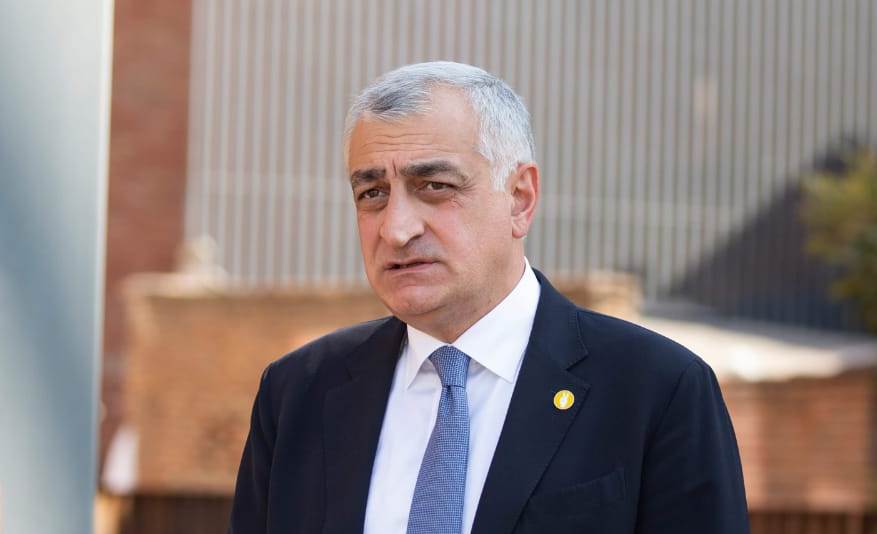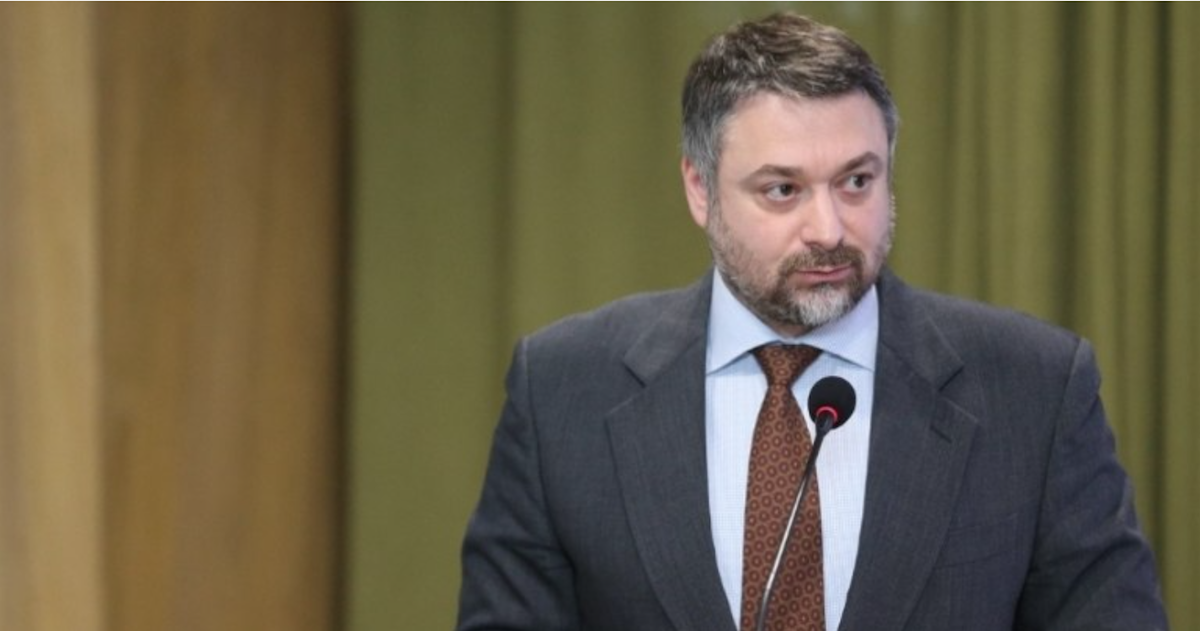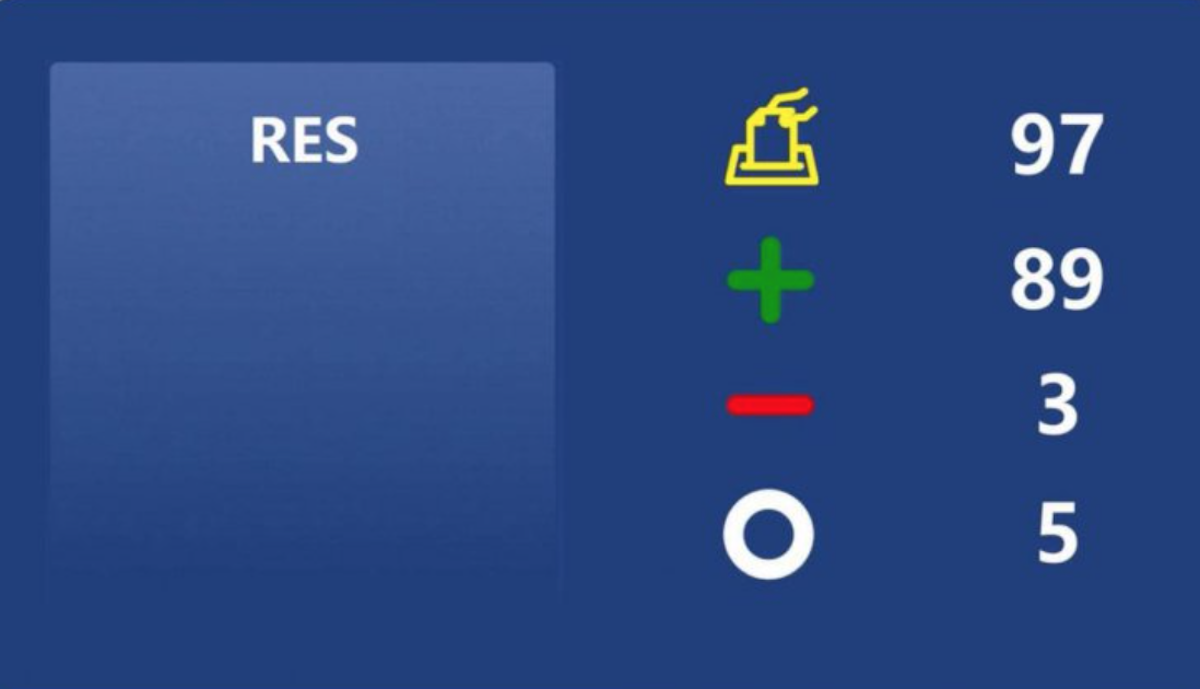Georgia jails three opposition leaders in one day, bringing total to six
Georgia jails three more opposition leaders
On 23 June, a Georgian court sentenced three opposition leaders to prison: Mamuka Khazaradze and Badri Japaridze of Lelo – Strong Georgia, and Zurab “Girchi” Japaridze of the Coalition for Change.
Japaridze had already been in pre-trial detention for two months, while Khazaradze and Japaridze are to be taken into custody today. All three were convicted for failing to appear before a parliamentary investigative commission chaired by former Justice Minister Thea Tsulukiani.
More opposition figures are expected to be sentenced in the coming days, including former prime minister Giorgi Gakharia.
As a result, nearly all major opposition parties in Georgia have now been left without leadership — at least until the end of the year.
On 5 February, the ruling Georgian Dream party established a parliamentary commission to investigate the activities of the former United National Movement (UNM) government. Officially titled the “Temporary Parliamentary Investigative Commission on the Activities of the Regime and Its Political Figures, 2003–2012,” the body is tasked with reviewing the UNM’s time in power..
The commission was first announced on 9 January 2025. According to Mamuka Mdinaradze, head of the Georgian Dream parliamentary faction, it will operate for six months and present its findings for parliamentary debate and approval during the first week of the autumn session in September.
What sentences were handed down?
● Zurab Japaridze, a leader of the Coalition for Change, was sentenced to seven months in prison. He has also been banned from holding public office for the next two years.
The court found Japaridze guilty of defying a summons from the parliamentary commission chaired by former Justice Minister Tea Tsulukiani. On 16 April, he was ordered to pay 20,000 lari in bail for failing to appear before the commission — a sum he refused to pay. He was arrested in the courtroom and held in pre-trial detention for two months. His final sentence was handed down today.

For the same reason — failing to appear before the Tsulukiani commission — Mamuka Khazaradze, leader of Lelo – Strong Georgia, was sentenced to eight months in prison. The opposition leader did not attend the hearing. He had previously posted bail in the amount of 50,000 lari.

Badri Japaridze, also a leader of Lelo – Strong Georgia, was sentenced to eight months in prison and banned from holding public office for two years. He did not attend the sentencing hearing and was not given the opportunity to deliver a closing statement.
Japaridze had been released on bail set at 50,000 lari, which he paid within the legal deadline.
Opposition politicians and leaders of the Akhali coalition — Nika Melia, Zurab “Girchi” Japaridze, and Nika Gvaramia of the Coalition for Change — as well as former Defence Minister Irakli Okruashvili, are already in prison for defying summonses from the investigative commission.
Expert commentary
Iago Kachkachishvili, sociologist:
“The authoritarian machine in Georgia no longer operates mechanically, but automatically. It no longer requires forecasts or assumptions — it is now a given that virtually the entire opposition political class and representatives of other institutions will end up in prison, today or tomorrow.”
According to Kachkachishvili, automatic authoritarianism means the establishment of a system in which compromise, dialogue, negotiation, retreat, and other intermediate political tools are no longer in use.
“This situation is marginal in the sense that it will result either in consolidated authoritarianism — that is, a dictatorship — or in the beginning of its dismantling, under internal and external pressure.”
“In my view, the era of dual coding — authoritarianism and democracy coexisting — is coming to an end. We are entering an either/or phase of governance.”
Vakhtang Menabde, constitutional law expert:
“Leaders of political parties have become political prisoners. Nearly all are either already behind bars or facing imminent imprisonment.”
“This development has clarified the picture. It no longer matters what strategy one chooses — whether you pay bail or not, comply with a summons or not, boycott elections or not, plead guilty or not.”
“The only calculation that matters now is this: what will inflict the greatest long-term damage on the regime?”
“‘I’ll choose the lesser option and buy some time’ — that is a miscalculation. That ‘lesser’ option will be seen as weakness, and no time will be gained.”




















